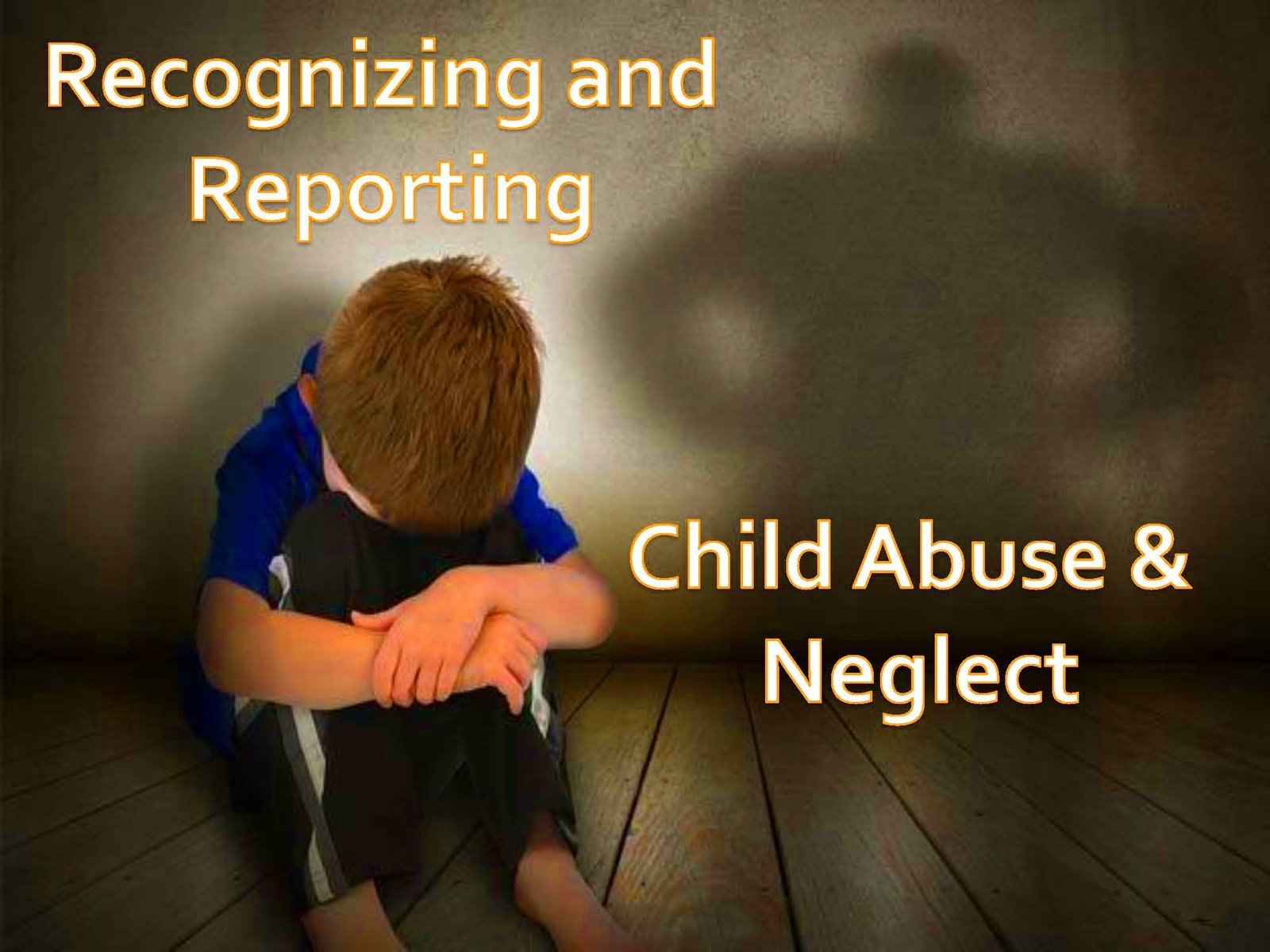Student Legal Rights and Education Law: Empowering the Future

Education is the cornerstone of personal and societal development, and ensuring students’ rights are protected is integral to fostering a conducive learning environment. In this article, we delve into the intricate landscape of student legal rights and education law, shedding light on the various aspects that contribute to a fair and supportive educational experience.
Contents
- 1 The Foundation: Understanding Student Legal Rights
- 2 Key Components of Education Law
- 3 Discipline and Due Process
- 4 Privacy Rights in Education
- 5 Bullying and Harassment Protections
- 6 Accommodations for Students with Disabilities
- 7 Title IX and Gender Equality
- 8 School Policies and Code of Conduct
- 9 Legal Resources for Students
- 10 Challenges in Enforcing Student Legal Rights
- 11 Recent Legal Developments
- 12 Empowering Students Through Knowledge
- 13 Conclusion
- 14 FAQs
The Foundation: Understanding Student Legal Rights
At the core of education law lies the concept of student legal rights. These rights encompass a broad spectrum, ranging from freedom of expression to protection against discrimination. Federal and state laws play a crucial role in safeguarding these rights, providing a framework for schools and students to operate within.
Key Components of Education Law
Equal Opportunity in Education
Education should be a level playing field for all students. Legal provisions ensure that students have equal opportunities regardless of their background, race, or socio-economic status. This fosters an inclusive educational environment.
Special Education Rights
Students with disabilities are entitled to special education services. Education law outlines the rights of these students, ensuring that they receive appropriate accommodations to facilitate their learning experience.
Freedom of Speech and Expression for Students
While schools have rules and regulations, students also enjoy the right to freedom of speech. Balancing the need for discipline with the rights of expression is a delicate yet crucial aspect of education law.
Discipline and Due Process
Navigating disciplinary issues in educational settings requires a careful consideration of students’ rights. Understanding due process ensures that students are treated fairly, even in challenging situations.
Read More: The Importance of Legal Ethics in Criminal Defense in 2024
Privacy Rights in Education
Protecting the privacy of students is a fundamental aspect of education law. Laws govern the collection, storage, and dissemination of student information, safeguarding sensitive data from unauthorized access.
Bullying and Harassment Protections
Bullying and harassment can significantly impact a student’s well-being. Education law provides mechanisms to address and prevent such issues, holding schools accountable for maintaining a safe learning environment.
Accommodations for Students with Disabilities
Ensuring an inclusive education system involves providing accommodations for students with disabilities. Education law mandates reasonable adjustments to create a barrier-free learning environment.
Title IX and Gender Equality
Title IX prohibits discrimination based on sex in education programs. It plays a pivotal role in addressing gender-based discrimination and ensuring gender equality within educational institutions.
School Policies and Code of Conduct
Understanding and adhering to school policies and codes of conduct are essential for both students and educational institutions. Navigating conflicts within these frameworks requires awareness of legal rights.
Legal Resources for Students
Students facing challenges can seek assistance from various legal resources. Understanding where to turn and how to advocate for one’s rights empowers students in their educational journey.
Challenges in Enforcing Student Legal Rights
Despite legal protections, students may face challenges in asserting their rights. Overcoming these hurdles requires resilience and an awareness of available support systems.
Recent Legal Developments
Education law is dynamic, with ongoing changes that impact students and educational institutions. Staying informed about recent developments is crucial for navigating the evolving landscape of student rights.
Empowering Students Through Knowledge
Education is not only about receiving knowledge but also about understanding one’s rights. Empowering students with knowledge of their legal rights fosters a sense of responsibility and active participation in their educational experience.
Read More: Laws Against Cyberbullying and Internet Harassment
Conclusion
In conclusion, student legal rights are the backbone of a fair and supportive education system. Understanding and advocating for these rights contribute to a positive learning environment, empowering students to excel academically and personally.
FAQs
How can students access legal resources for assistance?
Students can access legal resources through school counselors, legal aid organizations, and online platforms dedicated to student rights.
Are there specific laws protecting students with disabilities in education?
Yes, laws such as the Individuals with Disabilities Education Act (IDEA) ensure that students with disabilities receive appropriate accommodations and support.
What role does Title IX play in addressing gender-based discrimination in education?
Title IX prohibits discrimination based on sex in educational programs, ensuring gender equality and addressing issues of gender-based discrimination.
How can students navigate conflicts with school policies and codes of conduct?
Understanding the specific policies, seeking guidance from school officials, and, if necessary, consulting legal counsel can help students navigate conflicts.
What are the recent legal developments in education law that students should be aware of?
Recent developments may include changes in anti-discrimination policies, updates in privacy laws, and adjustments in special education regulations.




